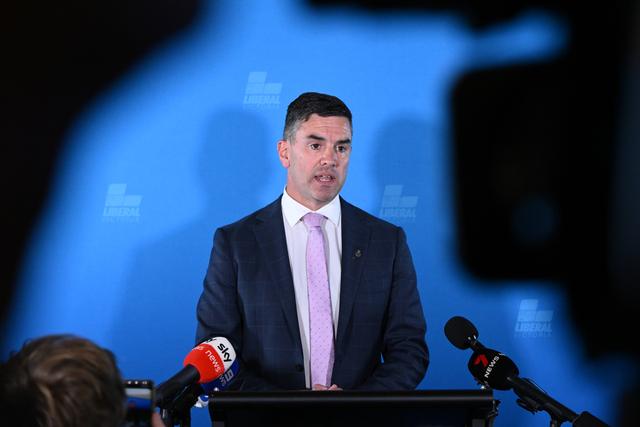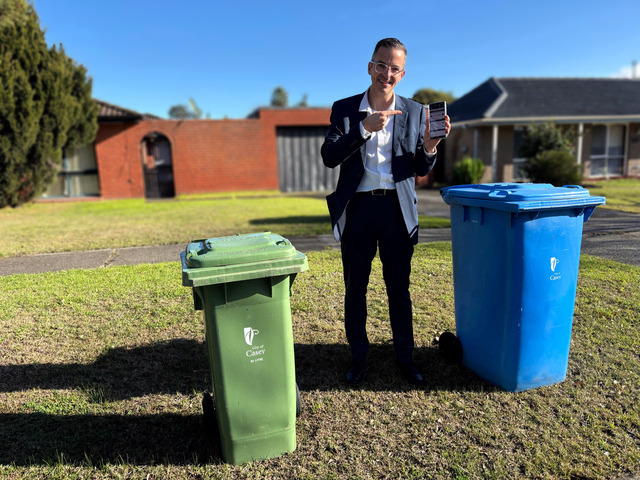Rocketing power bills have taken a big blow on small businesses in Cranbourne, leaving some trying to find ways to keep their lights on.
Fourth generation publican and manager of Kelly’s Hotel in Cranbourne Paul Stocks said power costs were “out of control.”
“We’ve gone from $10000 a month to $17000 a month in the last year or two,” he said.
Mr Stocks added he would have to sell the equivalent of 5000 beers or 1157 Parma meals per month just to keep up with the extra costs.
Cranbourne Market officer manager Pramila Phogat said they were forking out $5000-$6000 in electricity bills which was “killing” their business.
“They are really, really high,” she said. Ms Phogat said the company, which employs 20 people, would eventually have to put up their prices just to “keep running the business.”
Cranbourne’s Frank D Hair Styling manager Frank De Pasquale also said his power bills “had gone through the roof” – up about $300-$400 per quarter.
Shadow Minister for Energy David Southwick said energy prices were at a “crisis point,” adding “everyone is being affected from the small business to homes.”
He said Mr Andrews’ shutdown of Hazelwood Power Station had removed 22 per cent of power generation from Victoria.
“This is completely unacceptable that when Victorians are paying record power prices we have an extreme chance of blackouts under Daniel Andrews.”
The Australian Competition and Consumer Commission (ACCC) released a blueprint in July in a bid to reduce electricity prices.
ACCC Chair Rod Sims said regulation and poorly designed policy have added significant costs to electricity bills.
“Retailers’ marketing of discounts are inconsistent and confusing to consumers and have left many consumers on excessively high ‘standing’ offers,” he said.
The Andrews Government announced in August that households would be able replace their old hot water system with a new solar system and get $1,000 back off the cost via a rebate as part of the new Solar Homes program. This is expected to save the average household about $160 to $400 a year off their electricity bills.
Meanwhile, Cranbourne resident, John, 72, who asked not to reveal his surname, said he was going to bed earlier “because we can’t afford electricity.”
The State Government’s Boosting Business Productivity energy assessment grants is currently open to businesses spending over $20000 a year which could save them more than $50000 a year on energy bills.










